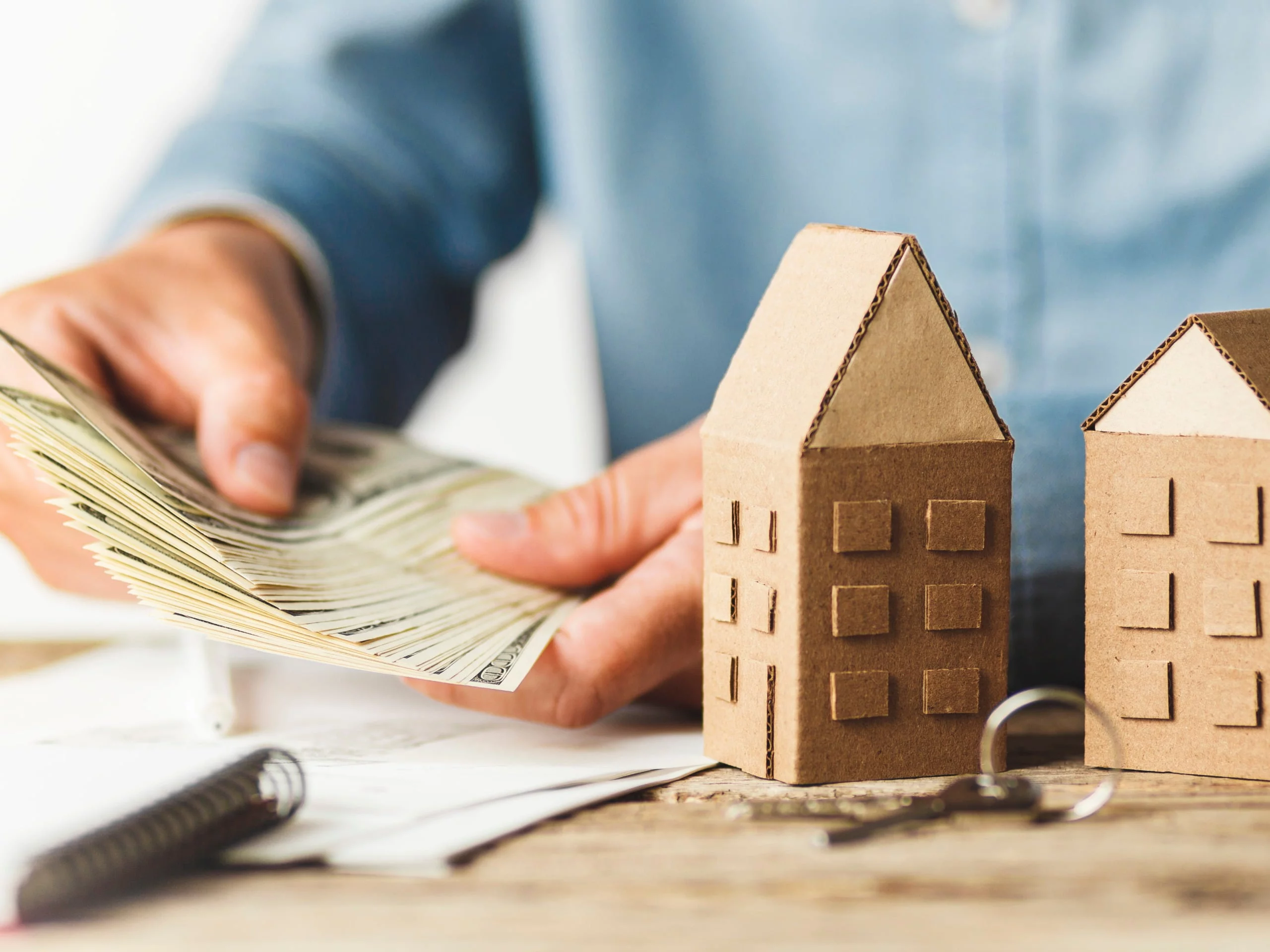Hayatın farklı evrelerinde varlık edinme düşüncesi, finansal güvenliğimizi sağlama yolculuğunun önemli bir parçasıdır. Gayrimenkul satın almak, bu yolculukta büyük bir adım olarak karşımıza çıkar. Ancak, bu süreci doğru bir şekilde yönetmek, gelirinize uygun bir denge kurmak ve mali geleceğinizi güvence altına almak açısından kritik önem taşır. Bu makalede, bir ev satın alırken dikkat edilmesi gereken gelir ve harcama dengesini ve bu dengeyi sağlamak için izlenmesi gereken stratejileri inceleyeceğiz.
Gelir ve Tasarruf Dengesi: İlk Adım
Gayrimenkul satın alırken ilk olarak yapılması gereken, toplam yatırım miktarını belirlemek ve bu yatırımın ne kadarını tasarruflarınızla karşılayabileceğinizi analiz etmektir. Örneğin, 3.000.000 TL değerinde bir ev satın almayı planlıyorsanız, bu tutarın en az %30’unu, yani 900.000 TL’yi tasarruflarınızdan karşılamanız önerilir. Geri kalan 2.100.000 TL’lik kısmı ise kredi veya borçlanma modelleriyle finanse edebilirsiniz.
Önemli Noktalar:
- Tasarruf Oranı: Yatırımın en az %30’unu tasarruflarla karşılamak, finansal esnekliği artırır.
- Kalan Miktar: Kalan tutarı kredi ile finanse etmek, borç yükünü daha yönetilebilir hale getirir.
Kredi Ödeme Kapasitesi: Gelir ve Taksit Dengesi
Bir ev almak için kredi kullanmayı planlıyorsanız, aylık gelirinizle kredi taksitleri arasındaki dengeyi doğru kurmak çok önemlidir. Uzmanlar, kredi taksitlerinin aylık gelirinizin %30’unu geçmemesini önerir. Örneğin, aylık 10.000 TL geliriniz varsa, kredi taksitlerinizin en fazla 3.000 TL olması idealdir. Bu oran, bütçenizi zorlamadan, finansal sürdürülebilirliği sağlar.
Kredi Ödeme Stratejisi:
- Gelir-Taksit Oranı: Gelirinizin %30’undan fazlasını kredi taksitine ayırmamak uzun vadeli finansal denge için kritik önem taşır.
- Risk Yönetimi: Yüksek taksitler, beklenmedik durumlar karşısında mali risk yaratabilir.
Riskler ve Ekonomik Dalgalanmalar: Hazırlıklı Olmak
Türkiye’de birçok yatırımcı, büyük borçlanmalarla gayrimenkul yatırımı yapmaktadır. Ancak, ekonomik dalgalanmalar, kişisel finansal zorluklar veya beklenmedik olaylar, bu borçların ödenmesini zorlaştırabilir. Bu durumda, kredi borcunu ödeyemeyen kişilerin mülklerine bankalar el koyabilir ve bu mülkler daha sonra piyasa değerinin altında satılabilir. Bu tür riskler, yatırımcılar için ciddi maddi kayıplara yol açabilir.
Risk Yönetimi:
- Ekonomik Dalgalanmalar: Ekonomik belirsizliklere karşı hazırlıklı olmak ve finansal rezervler oluşturmak önemlidir.
- Mülk Kaybı Riski: Kredi ödemelerinde yaşanabilecek aksaklıklar, mülkün kaybına neden olabilir.
Sürdürülebilir ve Dengeli Bir Yaklaşım
Gayrimenkul yatırımlarında başarı, sürdürülebilir ve dengeli bir finansal yaklaşım benimsemekten geçer. Yatırımcılar, finansal durumlarına uygun adımlar atmalı ve uzun vadeli planlar yaparak beklenmedik durumlara karşı dayanıklı olmalıdır. Kâr elde etme amacıyla yapılan yatırımların, dikkatli bir analiz ve sağlam bir mali planlama ile desteklenmesi büyük önem taşır.
Stratejik Yaklaşım:
- Uzun Vadeli Planlama: Yatırım kararları alırken, uzun vadeli etkileri değerlendirmek gereklidir.
- Mali Güvence: Ani gelir kayıpları veya ekonomik krizler için mali tamponlar oluşturmak önemlidir.
Sonuç:
Gayrimenkul satın alırken, gelir ve harcama dengesini doğru bir şekilde kurmak, finansal sürdürülebilirlik ve yaşam kalitesi açısından hayati önem taşır. Her bireyin finansal durumu farklıdır; bu nedenle, yatırım kararlarını alırken dikkatli düşünmek ve uzun vadeli planlar yapmak kritik bir adımdır. Doğru dengeyi sağlamak, sadece bugünü değil, aynı zamanda geleceği güvence altına almak anlamına gelir.
Sıkça Sorulan Sorular (FAQs)
1. Ev alırken tasarruf oranı ne olmalı?
Genellikle, evin toplam değerinin %30’unu tasarruflarla karşılamak önerilir. Bu, finansal riskleri azaltır ve kredi yükünü hafifletir.
2. Kredi taksiti ile gelir arasındaki ideal oran nedir?
Kredi taksitlerinin, aylık gelirinizin %30’unu geçmemesi önerilir. Bu oran, bütçenizin sürdürülebilirliğini sağlar.
3. Gayrimenkul yatırımlarında en büyük riskler nelerdir?
Ekonomik dalgalanmalar, beklenmedik kişisel finansal sorunlar ve yüksek borçlanma, gayrimenkul yatırımlarındaki en büyük riskler arasında yer alır.






